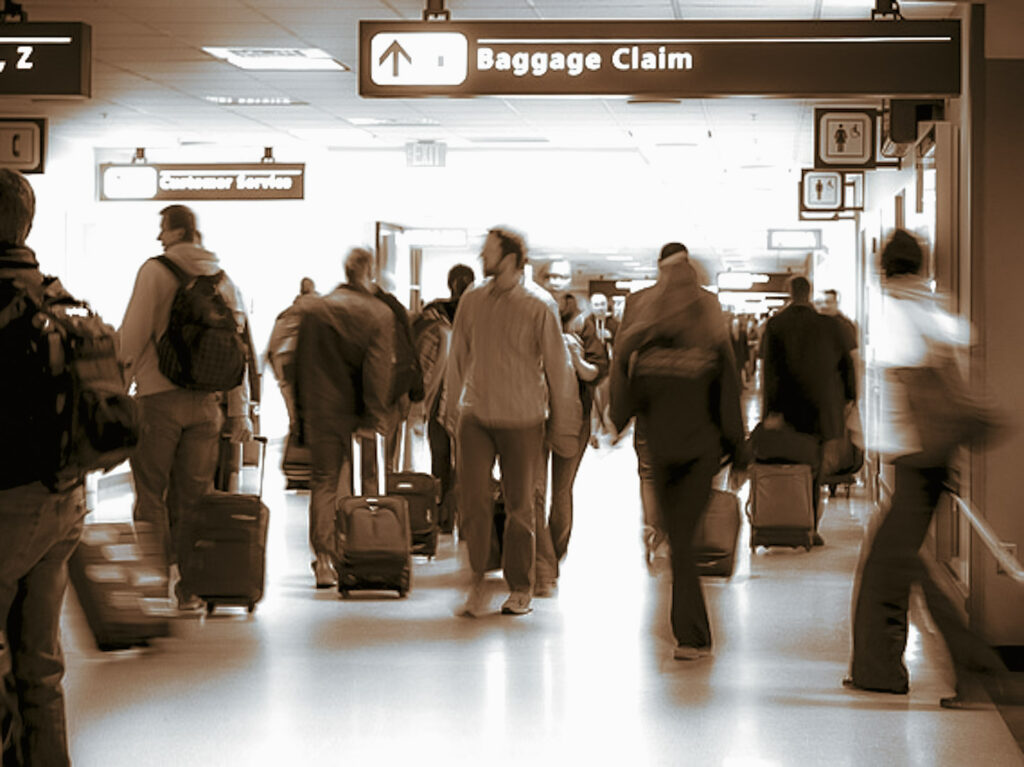In order to grant benefits, the Social Security Administration (SSA) first verifies through various sources whether the applicant has a total disability. Which makes some applicants wonder whether the SSA can also surveil them.
Surprisingly, the Social Security Administration can surveil participants through either direct observation, social media, or videotaping the applicants. It is also entirely legal for them to do so.
Continue reading for more information on how the SSA surveils disability recipients.
Does the SSA Surveil Disability Recipients?
Yes, the SSA may surveil disability recipients. Compared to private insurance companies, the Social Security Administration doesn’t investigate claims nearly as often but it does happen.
Although it is legal for the SSA to monitor disability recipients both in public and private places, The aim of these investigations or surveillance is to ensure that you comply with the rules and that you are eligible to receive disability benefits.
The Social Security Administration may conduct Social Security Disability Insurance (SSDI) investigations or surveillance if they receive a tip suggesting a claimant is not disabled or not qualified for disability payments. The following are examples of typical SSA surveillance activities:
- Directly observing the claimants
- Looking into questionable activity
- Tracking the claimant’s activities
- Monitoring the claimant’s social media
- Taking statements from claimants and their loved ones
- Auditing bank statements, medical records, and other paperwork
- Gathering and analyzing surveillance footage and images
In most cases, Social Security Administration surveillance of disabled individuals is permissible in both public and private settings.
The purpose of these checks is to verify that you are entitled to receive disability benefits and are acting in accordance with the guidelines. However, unlawful activities like bugging phones, breaking into private property, or computer hacking are prohibited.
How the SSA Surveils Disability Recipients
In the extremely unlikely event that the Social Security Administration finds grounds to suspect that you do not qualify for Social Security Disability benefits, some of the following surveillance techniques may be applied :
Directly Observing the Applicant
The Social Security Administration may assign an investigator to observe your public behavior for signs that your health has improved to the point where you can return to work.
The investigator may follow you to your doctor’s appointments to determine whether you can drive yourself there or if you require any kind of assistance or special equipment. The investigator might tell the SSA about your mobility and capacity, such as the length of time you can stand or sit.
Recording the Applicant
If you have claimed on your application that you are unable to carry out certain tasks because of your disability, then the SSA may use video surveillance to verify whether you really can’t do those tasks. Evidence of you engaging in strenuous physical activity, such as lifting large objects, walking long distances, or running, could be used against you in court.
Monitoring the Applicant’s Social Media

The Social Security Administration may check your social media profiles to prevent disability fraud. The process may involve checking your feed for evidence that you no longer have a disability, such as posts, images, or videos.
Be mindful of what you share online, whether you’re still awaiting a judgment on your disability claim or have already received benefits. When you mention activities like going shopping, vacationing, or attending social gatherings, you may give the impression that your disability does not limit you.
What Should You Do if Social Security is Surveilling You?
If you think that the SSA is surveilling you, there are a few things you should know. For starters, you don’t have to talk to the investigators who are following you or who show up at your home. If you are not there, they might inquire with your neighbors.
They may also interrogate your family members, friends, neighbors,or roommates about you. Unfortunately, many friends and relatives will unknowingly tell complete strangers everything they know about you.
Make it clear to your roommates or other family members that you do not want them to discuss your personal life with unrelated third parties, even if those unknown people claim they are investigating a crime on your behalf.
If the SSA is surveilling you, they will likely monitor your social media profiles. You can protect your privacy by preventing strangers from accessing your social media accounts,limiting who can view your account or limiting on who can find you or request to friend you. Similarly, you can restrict access to your accounts with a password only you know about.
Issues with SSA Surveillance
The main problem with surveillance is that it can be misleading. Especially considering social media, photos, and videos can be old or from when the applicant felt better. There are also invisible disabilities that are not as readily apparent and may be misleading when seen through a surveilling third party.
The Social Security Administration’s use of information against benefit applicants raises major constitutional concerns. There are also concerns regarding the government’s use of tax money to surveil private citizens only because these people have applied to a disability program.
In addition to these concerns, it is inappropriate for SSA employees who lack a medical background to make decisions affecting people afflicted with medical conditions. Many medical conditions are not readily apparent, especially for those not trained in medicine.
Tips for Keeping Your Disability Benefits

You’ll need conclusive medical proof of your diagnosis to keep your disability benefits. You may need to show that you’ve been unable to work or do other everyday tasks because of your health condition. Furthermore, you should be transparent about accommodations required for travelling or other activities.
You may have a better chance of convincing the SSA that you are disabled if your treating physician provides detailed and convincing testimony about your medical condition and limitations. You’ll also need to be completely transparent with your doctor about how the symptoms are affecting your life.
It may also be wise to get assistance from an experienced attorney. If you hire a Social Security Disability lawyer, they can help you collect the medical evidence you need to prove your disability and counter any surveillance evidence that the SSA has against you. A SSDI lawyer can examine the situation and advise you on the best course of action.
Conclusion
To summarize, the SSA can surveil people who apply for Social Security Disability benefits, and they may employ a variety of tactics to do so. There are ways you can protect your disability benefits, even in the face of surveillance.


